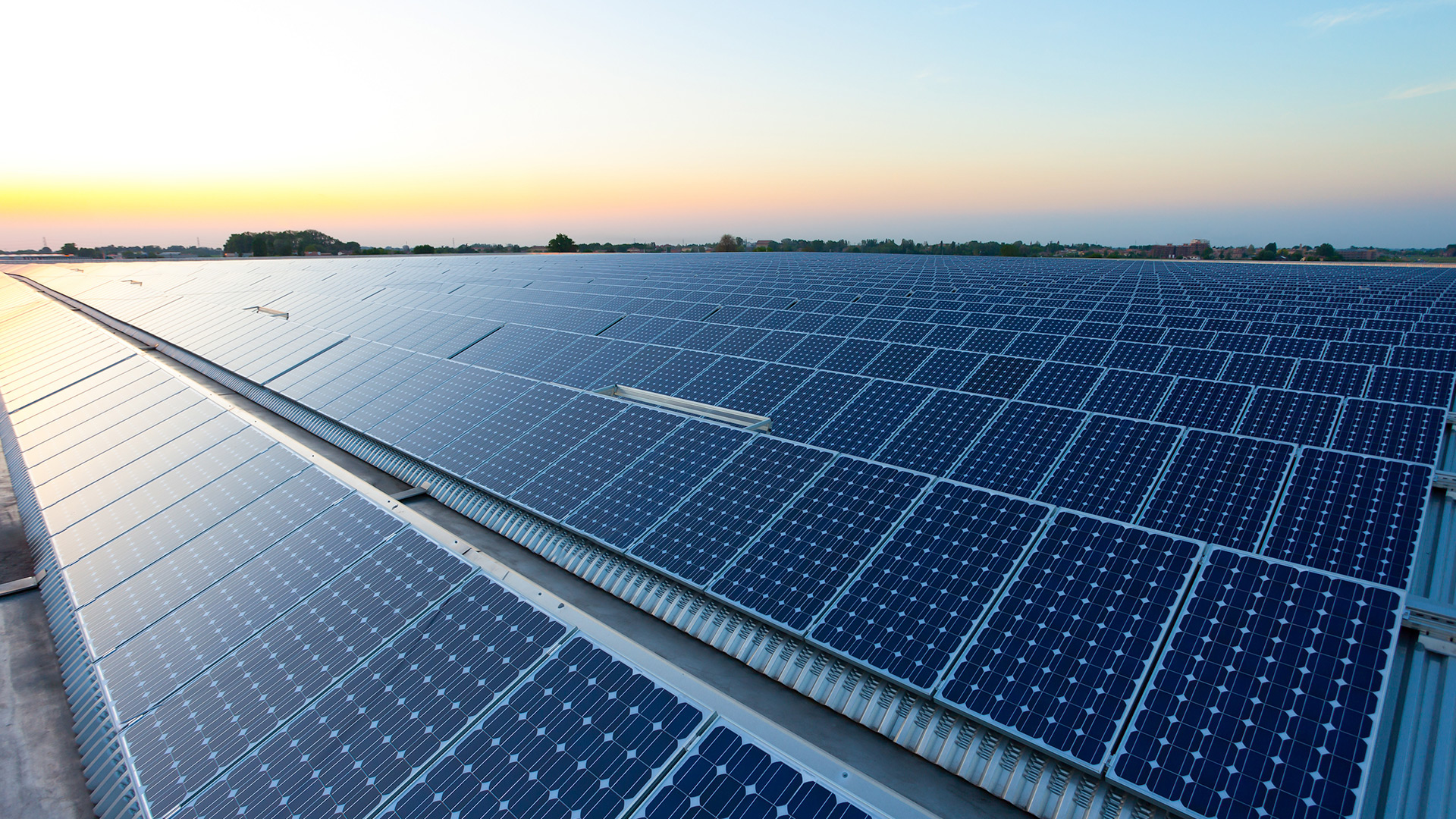
Publication
HKEx's commitment to sustainability: The new phase of paperless regulatory reform
In recent years, the Hong Kong Stock Exchange (HKEx) has introduced several initiatives to digitize its regulatory processes.


Canada | Publication | August 8, 2023
On August 3, the Government of Alberta surprised many electricity industry participants by pausing approval of renewable generation projects, to provide time for an Alberta Utilities Commission (AUC) public inquiry about competing public interest factors raised by renewable generation project applications. In turn, the AUC has asked stakeholders to submit comments concerning how broadly the pause should be implemented.
Somewhat unusually, the AUC has denied the applications of several recent renewable projects and the inquiry’s issues will include themes that have arisen during these application processes. Renewable generation projects will likely have to wait until the government issues amended policy or regulations that grapple with these concerns before the AUC resumes considering application.
More specifically, the government enacted the Generation Approvals Pause Regulation (the Regulation) that stops the AUC from granting approvals to new renewable power plant projects (wind, solar, hydroelectric, geothermal and sustainable biomass) over one megawatt (MW) until March 1, 2024. The pause on granting new approvals for renewable power plants does not apply to power plants that produce less than one MW, are isolated generating units (i.e., are not connected to the Alberta grid) or are a “behind the fence” renewable power plant producing five MW or less and where all the power is consumed on site.
Recently the AUC has been receiving numerous applications for large, utility-scale wind and solar power plants. There are approximately 3,800 MW of new wind and solar projects currently under construction, worth an estimated $2.5 billion according to the Alberta Electric System Operator (AESO) and the Alberta Major Projects office.1
In addition, according to the Edmonton Journal and the AESO, when the pause was announced there were 15 renewable energy projects being considered by the AUC, with 90 other projects in various stages of development in Alberta. In total, an additional approximately 16,000 MW of wind and solar projects have been announced, compared to a total installed electricity generating capacity in Alberta of 18,463 MW at the end of 2022.
Wind and solar projects require private land and are frequently sited on agricultural land or are on or near valued environmental features.2 Also, there is currently no requirement for renewable power plant proponents to provide any security for the eventual decommissioning of their projects and the reclamation of the lands. Further, there are questions about how to best manage and price intermittent renewables’ effects on grid reliability, given renewables are an increasing proportion of the province’s generation mix.3
In a July 21, 2023, letter to the Minister of Affordability and Utilities, the chair of the AUC flagged two issues at the forefront of the AUC’s public interest considerations:
The letter described the AUC’s current case-by-case application process as ill-suited to address these issues and requested either legislation or policy direction from the government.
The government responded by enacting the Regulation and directing the AUC to hold a public inquiry. Inquiry scope and timelines are still pending.
While the results of the inquiry must be submitted to the Minister of Affordability and Utilities by March 29, 2024, the approvals pause ends on March 1, 2024, suggesting the pause might be extended to accommodate the formulation as well as the implementation of new policies and regulations. Regardless, it is unlikely that any major renewable power development will be approved by the AUC until the new policies and regulations are in place, the timing of which is currently unclear.
Applications to amend an existing wind or solar approval, and the processing of Final Project Updates, Letters of Enquiry and time extension requests to complete the construction and alteration of a power plant are not paused. Further, conventional thermal power plants and battery storage facilities are not subject to the pause.
Finally, the AUC has issued an invitation to stakeholders and the public to provide input by August 18, 2023, on the mechanics of the pause, including offering alternative options for handling applications, and offered the following options for consideration:
Public Crown lands are not currently available for renewable power plants.

Publication
In recent years, the Hong Kong Stock Exchange (HKEx) has introduced several initiatives to digitize its regulatory processes.
Subscribe and stay up to date with the latest legal news, information and events . . .
© Norton Rose Fulbright LLP 2025